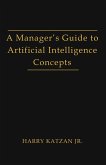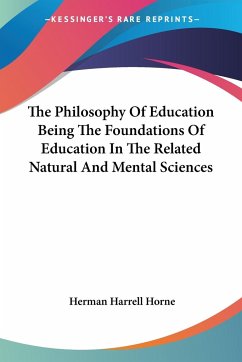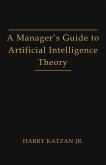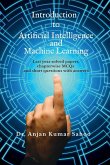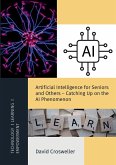We are living in a remarkable historical moment where tech¬nology, particularly artificial intelligence (AI) and generative AI, is driving profound transformations across global socie¬ty. This new landscape brings forth unprecedented challeng¬es, emphasizing the urgent need for ethical and philosophi¬cal frameworks to guide and shape its development. In this context, the School of Salamanca, with its humanistic vision grounded in the defence of human dignity and justice, offers a reliable and responsible model of moral balance. This essay stems from a deep reflection on how the princi¬ples established by the thinkers of the School of Salamanca can illuminate the current challenges posed by AI, not only in the human and social sciences but across all disciplines. It is not merely an academic exercise, but an invitation to re¬discover an intellectual legacy that, despite the passage of centuries, remains profoundly relevant in today?s digital age. Among the pioneers were Francisco de Vitoria, Luis de Molina, and Domingo de Soto, who laid the foundations of natural law and human rights with their forward-thinking doctrines. Their development of the concept of the law of nations (ius gentium)?the precursor to international law?remains particularly significant. Their discussions on justice, free will, and equity in economics now find new resonance in debates on the ethical use and accountability of AI.
Bitte wählen Sie Ihr Anliegen aus.
Rechnungen
Retourenschein anfordern
Bestellstatus
Storno



